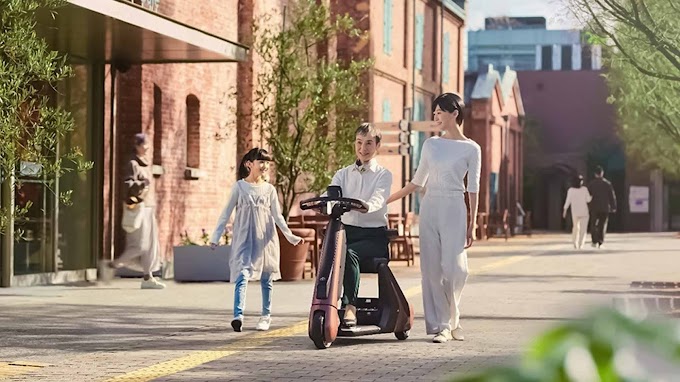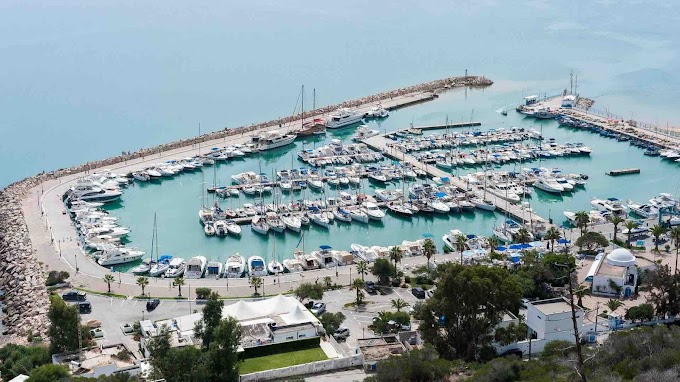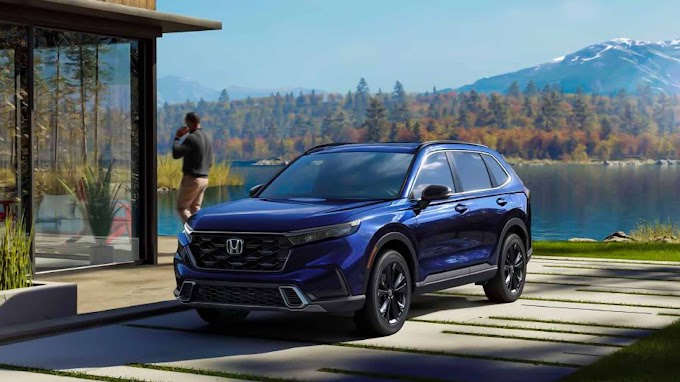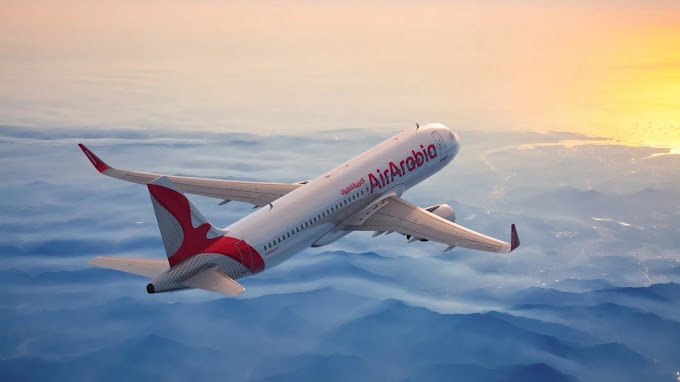BMW i’s high-voltage battery developed for the i3 is not only powering emissions-free mobility on the road, but on the water too. The BMW Group is supplying lithium-ion batteries to German company Torqeedo. The marine drive system manufacturer is using them for energy storage in its high-performance Deep Blue electric drive systems. Torqeedo was founded in 2005 in Starnberg, Germany and is leading on a global basis as a provider of electric and hybrid propulsion systems for motorboats from 1 to 160 HP for sailing yachts and commercial marine applications, such as ferries and water taxis.
The BMW Group develops and assembles high-voltage batteries for electric and plug-in hybrid vehicles in-house. The lithium-ion battery created for the BMW i3 comprises eight modules, each containing 12 cells. The connectors, cables, monitoring sensors and heating and cooling system have also been developed specifically for BMW i.
The BMW Group’s development and manufacturing expertise provides the basis for its continuous advancements in the field of battery technology. The latest example of this is the high-voltage battery in the current BMW i3. Although its size and weight remained unchanged from the earlier version, its capacity was increased by over 50% to 94 Ah/33 kWh.
Thanks to the plug-and-play capability that the designers have built into BMW i3 batteries from the outset, the technology offers broad scope for applications beyond the automotive sector. Marine propulsion system manufacturer Torqeedo combines lithium-ion batteries from BMW i with its most powerful range of motors for inboard and outboard units and hybrid systems with up to 160 hp.
This innovative use of BMW i high-voltage batteries to provide electric propulsion on the water is just one example of the wide variety of applications that can be served by this integrated sustainability concept. Another area is stationary energy storage, where the batteries are also used to increase the energy efficiency of residential and commercial buildings by providing intermediate storage for renewable energy generated by solar and wind installations.
What is more, the BMW i high-voltage batteries can also be reused for this purpose after they have completed their useful life in a vehicle. In terms of sustainability, reusing the batteries makes much more sense than recycling them prematurely. This led the BMW Group to develop scenarios envisaging a “second life” for the batteries after long service in a car, even before the BMW i3 was launched onto the market. This type of reuse has a key role to play in the transition to green energy – and the ever-increasing demand for intermediate storage of renewable power that comes as a result.
BMW i is a BMW Group brand focusing on visionary vehicle concepts, connected mobility services and a new understanding of premium strongly defined by sustainability.
BMW i is global market leader in alternative powertrains and represented in 54 countries with the BMW i3 electric car for urban areas, BMW i8 plug-in hybrid sports car and plug-in hybrid BMW iPerformance Automobiles.








